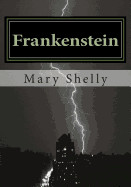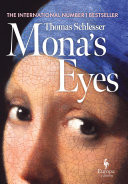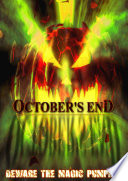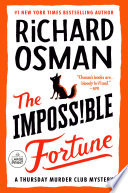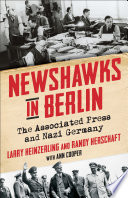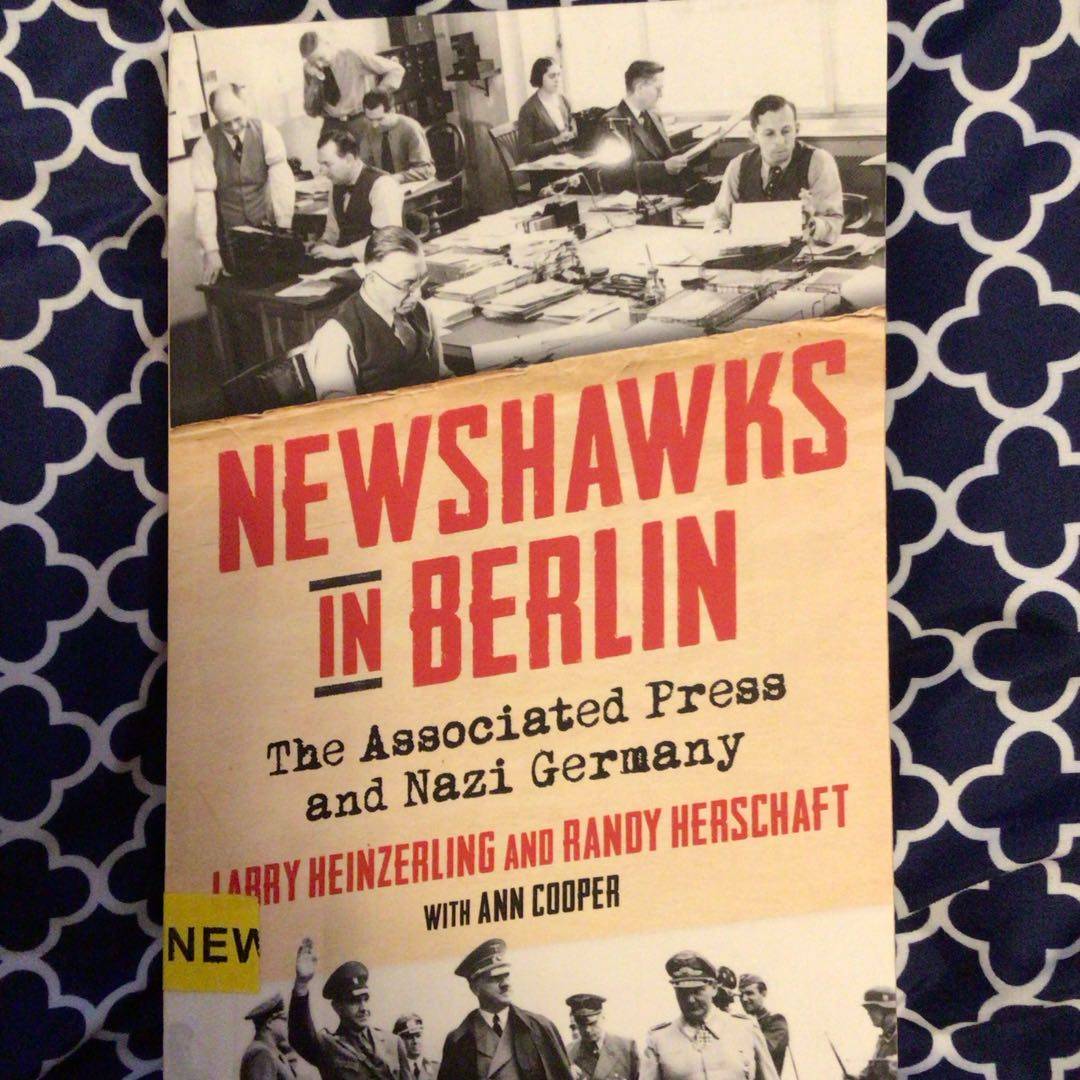
This non-fiction book is about the presence of the Associated Press (AP) in Berlin prior to and during WW 2. As soon as Hitler took power and the Nazi propaganda machine started working, legitimate, truthful reporting became scarce. Nazi censors dictated what stories were sent out and what they could contain. This was also true for photos. AP stayed in Berlin until the US entered the war. This book will make you think about freedom.
2 likes







